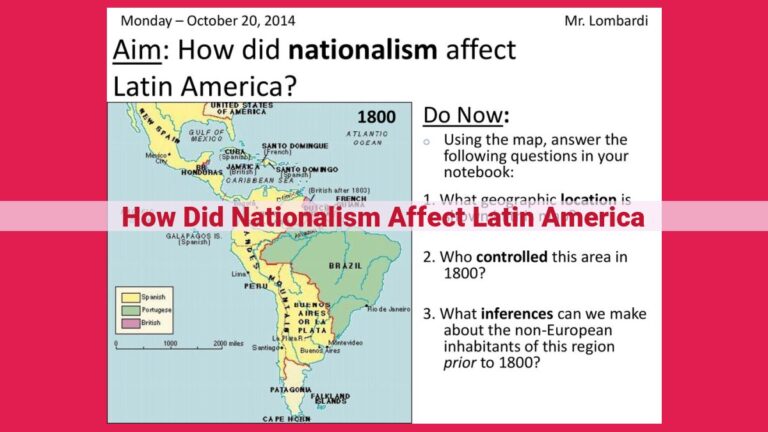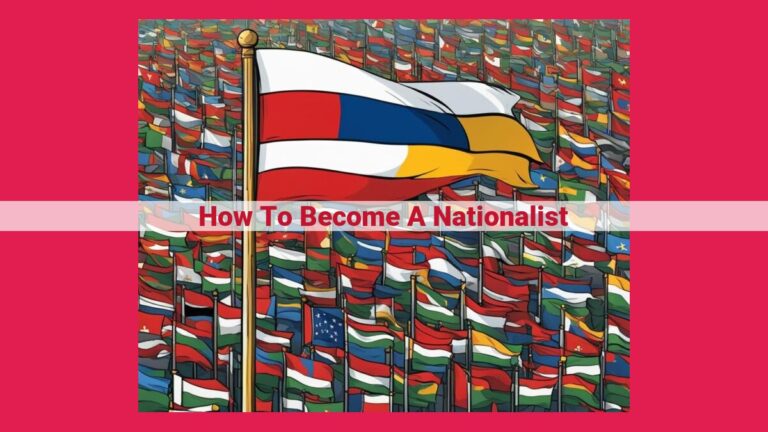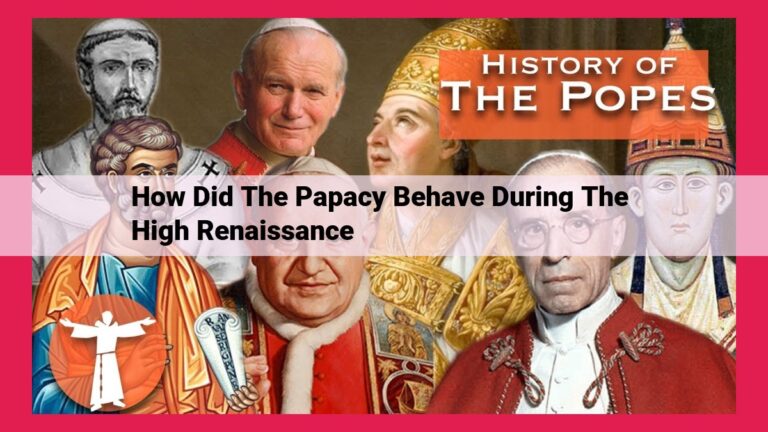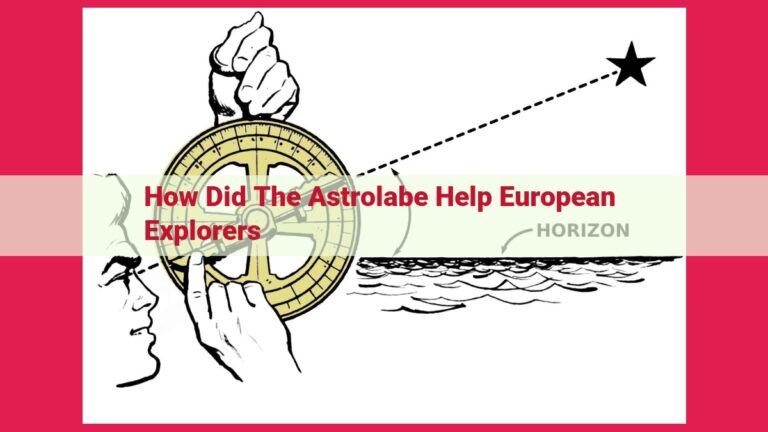The Roman Fall: Political Fragmentation, Economic Crisis, And The Rise Of Christianity
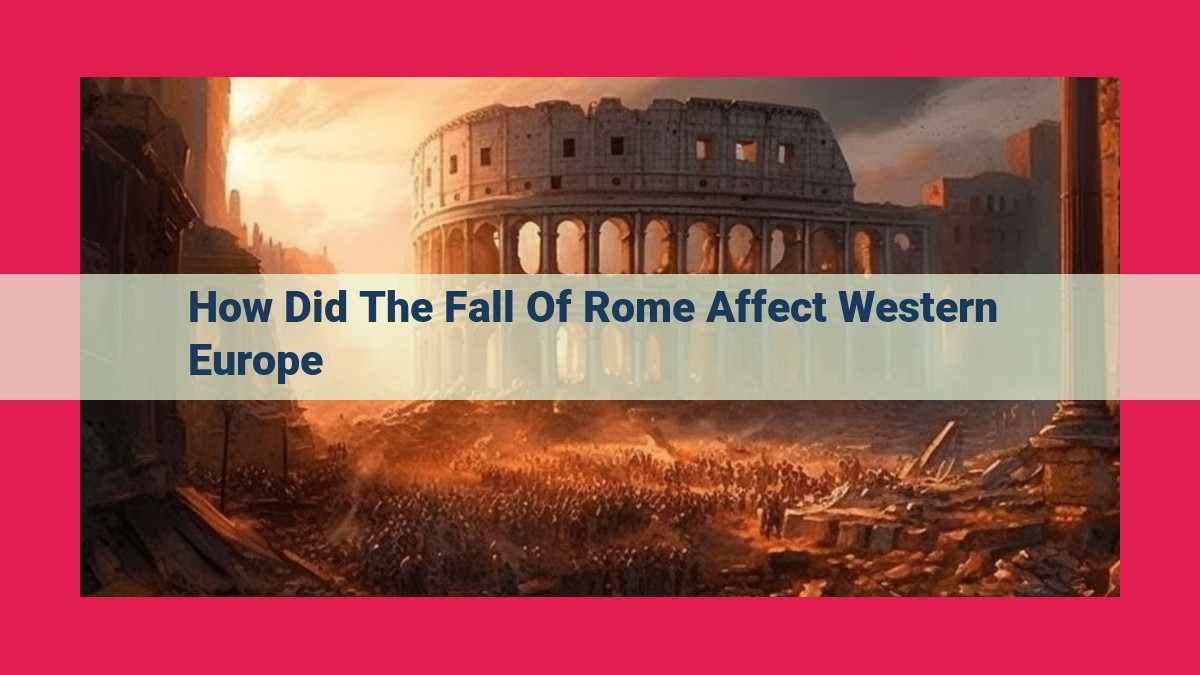
The fall of Rome led to political fragmentation, as Germanic kingdoms emerged, and chaos ensued due to the collapse of central administration and economic decline. Economic turmoil caused widespread population loss, cultural stagnation, and the spread of Christianity, which provided a unifying force amidst political instability.
The Fragmentation of Power: Rome’s Collapse and Germanic Kingdoms’ Rise
The Mighty Roman Empire Collapses
Once an unyielding colossus, the Roman Empire, the epicenter of Western civilization, stumbled and fell. The reasons were multitudinous, like a tapestry woven with threads of political turmoil, economic malaise, and military overextension. The empire’s vastness became its Achilles’ heel, as it strained under the weight of its own administration.
Chaos and Disarray: A World Order Shattered
With the collapse of the empire’s central authority, a void was created. Like a ship lost at sea, the provinces of the empire drifted rudderless. The absence of a unifying force led to anarchy, with ambitious warlords vying for power and petty kingdoms dotting the landscape.
Trade Withers and Infrastructure Crumbles
The once-bustling trade networks that had connected the empire crumbled, as did the roads and aqueducts that had facilitated transportation and communication. This economic decline further weakened the Germanic kingdoms that had emerged from the empire’s ashes, leaving them impoverished and vulnerable.
The Rise of Germanic Kingdoms
- Describe the fragmentation of political power and the establishment of diverse Germanic kingdoms.
- Discuss the role of Germanic leaders and the territories they controlled.
The Rise of Germanic Kingdoms: A Fragmenting Power Landscape
Amidst the ashes of the once-mighty Roman Empire, the political landscape underwent a profound transformation. The collapse of imperial authority fragmented power, giving rise to numerous independent Germanic kingdoms.
Leaders of these kingdoms, driven by ambition and a desire for autonomy, carved out territories for themselves. Among them were Clovis I, who established the Frankish Kingdom that would eventually dominate much of Western Europe, and Theodoric the Great, who founded the Ostrogothic Kingdom in Italy.
The fragmentation of power brought about both chaos and opportunity. As central authority waned, local leaders gained unprecedented autonomy. New power structures emerged, often based on personal loyalty and military prowess. Yet, the loss of a unifying force also led to disarray and instability.
As Germanic kingdoms rose, they adopted elements of Roman administration and governance. However, the lack of a centralized imperial authority hindered their ability to maintain infrastructure and ensure economic stability. Trade networks and roads fell into disrepair, disrupting commerce and hindering economic growth.
Despite these challenges, the rise of Germanic kingdoms laid the foundation for a new era in European history. They served as crucibles for the development of distinct cultural and political traditions that would shape the medieval and modern world.
Economic Collapse: The Unraveling of the Roman Empire
The collapse of the Roman Empire brought about a cascade of economic consequences that profoundly shaped the centuries that followed. The once-mighty empire, renowned for its vast trade networks and prosperous cities, crumbled under the weight of political instability and internal strife.
With the loss of central administration, the Roman Empire’s infrastructure crumbled, and economic activities ground to a halt. The extensive road system that facilitated trade and commerce fell into disrepair, isolating communities and disrupting supply chains. Waterways, once bustling with merchant vessels, became hazardous and unreliable.
The economic turmoil sparked by the collapse of imperial authority led to widespread depopulation. As populations starved and migrated, once-fertile lands fell into abandonment. The loss of skilled labor, artisans, and farmers further crippled the economy, creating a vicious cycle of poverty and decline.
Population Decline: The Crumbling Infrastructure of the Dark Ages
As the Roman Empire crumbled, a ripple effect of chaos washed across Europe. Political fragmentation and economic collapse brought about an era known as the Dark Ages, a time of population decline and social upheaval.
Migration and Starvation:
Economic turmoil forced many to abandon their homes in search of sustenance. Barbarian invasions and the collapse of trade networks left villages starving. Migration became rampant, as people desperately sought food and safety.
Weakening of Institutions and Traditions:
The loss of population had profound cultural consequences. Institutions that once provided stability, such as the church and local governments, weakened. Traditions were forgotten as communities struggled to survive. The fabric of society was fraying, leaving a void where once there was order.
Depopulation and its Impact:
Entire regions were depopulated as people succumbed to starvation, disease, and violence. This drastic population loss led to a decline in intellectual and artistic pursuits. The once-vibrant centers of learning and culture were now reduced to shadows of their former glory.
The population decline of the Dark Ages was a devastating blow to Europe. It weakened institutions, shattered traditions, and stifled innovation. As the population dwindled, so too did the hope for a brighter future, leaving Europe in a state of darkness and disarray.
Cultural Stagnation: The Dark Age that Stifled Progress
As the Roman Empire crumbled and Germanic kingdoms emerged, Europe plunged into a period of cultural stagnation. The loss of central authority and economic decline led to a dwindling population, a weakening of institutions, and a stifled intellectual and artistic landscape.
Population Decline: A Drain on Creativity
The collapse of the Roman Empire and the economic turmoil that ensued triggered a steady decline in population. Towns were abandoned, and once-thriving cities crumbled. With fewer people to support intellectual and artistic pursuits, society lost its creative spark.
Erosion of Intellectual and Artistic Vigor
The absence of a thriving population also had a profound impact on intellectual and artistic endeavors. Schools and libraries fell into disrepair, and the transmission of knowledge became increasingly difficult. Craftsmanship suffered as the demand for luxury goods diminished. Innovation and scientific advancement came to a halt, as there were fewer minds to question, experiment, and push the boundaries of human understanding.
A Stifling Environment
The stunted population growth created a vicious cycle of cultural stagnation. With fewer people available to contribute to the collective knowledge and culture, society became more isolated and less receptive to new ideas. Progress was hindered by a lack of resources, both material and intellectual.
The cultural stagnation that gripped Europe during the Dark Ages was a direct consequence of the collapse of the Roman Empire and the fragmentation of political power. The decline in population, the loss of central administration, and the ensuing economic turmoil created an environment that stifled intellectual and artistic creativity. It was not until the advent of the Carolingian Renaissance in the 8th century that Europe began to emerge from this cultural slumber and rekindle the flame of progress.
The Spread of Christianity and the Rise of Germanic Kingdoms
Influence of Christianity on Germanic Unification
Christianity played a pivotal role in unifying the fragmented Germanic kingdoms under a common belief system. The spread of this new religion offered a sense of belonging and cohesion among the diverse Germanic tribes. As Christianity took hold, it provided a shared ethical and moral foundation, fostering a sense of unity and cooperation.
Contribution to Germanic Ascendancy
The spread of Christianity also contributed to the rise of Germanic kingdoms by providing a unifying force that transcended tribal boundaries. It became a catalyst for political and social consolidation, as Germanic leaders embraced Christianity to gain legitimacy and support from their subjects. The shared信仰体系 fostered a sense of common identity, which enabled Germanic kingdoms to establish themselves as distinct political entities.
Establishment of a Shared Identity
The spread of Christianity fostered a sense of shared history, values, and traditions among the Germanic kingdoms. It provided a spiritual foundation for the establishment of a common culture and language. The adoption of Christianity also influenced the development of a unified legal system and administrative structures that strengthened the authority of Germanic rulers.
The spread of Christianity played a significant role in the fall of the Roman Empire and the rise of Germanic kingdoms. It provided a unifying force that transcended political and tribal boundaries, contributing to the establishment of a shared identity and political consolidation. The influence of Christianity on Germanic society shaped the course of European history and laid the foundation for the development of Western civilization.

